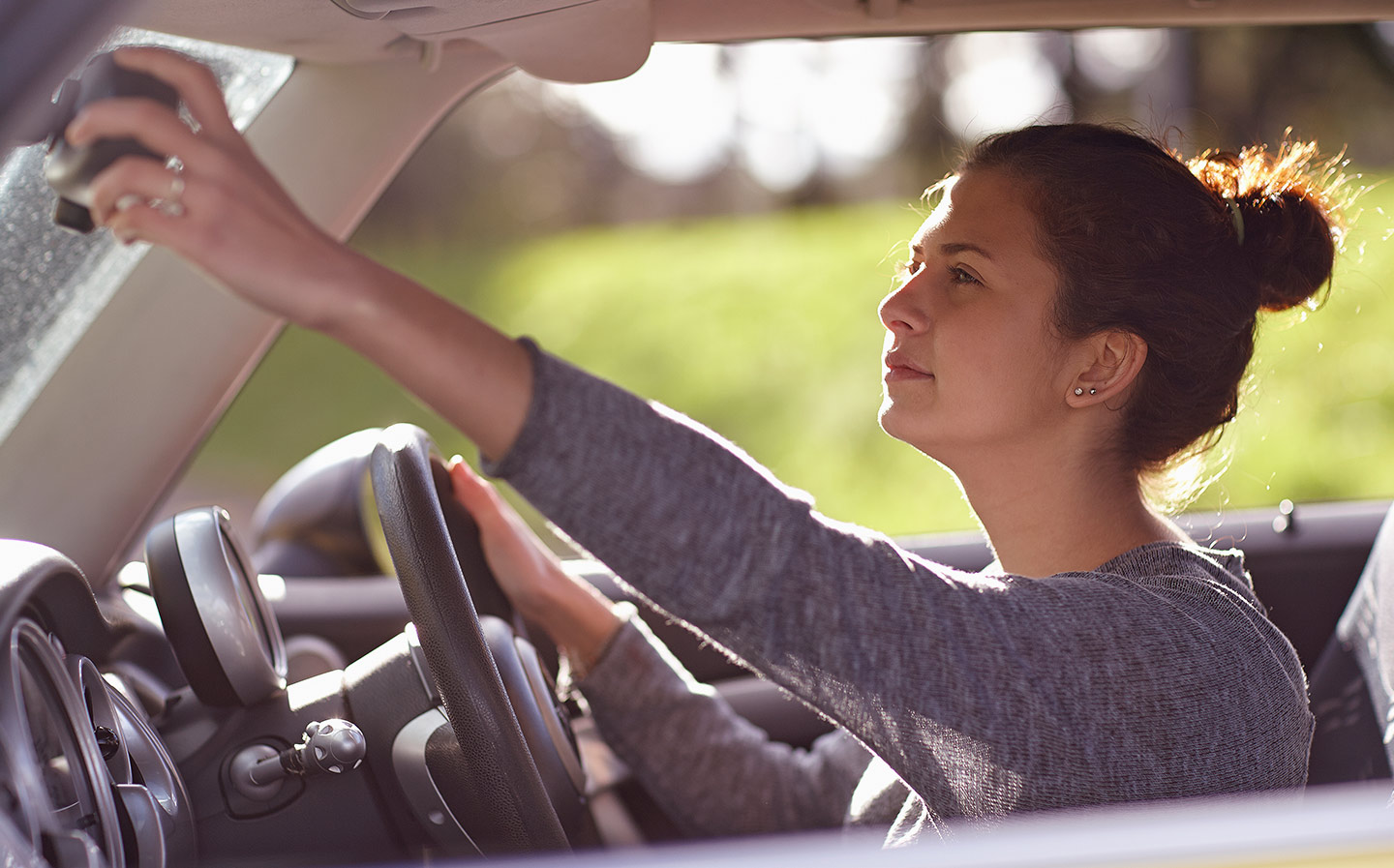Britain may have hit ‘peak car’ as young driver numbers fall sharply
Private vehicle numbers may never return to 1990s levels
BRITAIN may have reached “peak car” after government-backed research showed that the number of teenagers holding a driving licence has plummeted by almost 40% in two decades.
A study published yesterday said that rejection of car ownership was likely to become the “new norm” as more people communicated online rather than face to face. Researchers said it was “difficult to envisage” a return to the level of individual car use in previous decades.
The study, commissioned by the Department for Transport, found that changes in living circumstances meant that most young people no longer gained a driving licence or regularly drove a car. It said that a rise in lower-paid and less-secure jobs, a decline in home ownership and an increase in university participation had an impact on how people used transport.
Browse NEW or USED cars for sale
The study also cited the high cost of driving and a preference among young people to communicate online. It quoted figures showing that young men aged 17 to 29 were spending 80 minutes more per day at home in 2014 compared with 1995. Women in the same age group spent 40 minutes more at home.
The conclusions, in a study by academics at University of the West of England in Bristol and the University of Oxford, will give credence to the “peak car” theory that Britain and other western nations are nearing a maximum level for the number of private vehicles on the road.
It said that many young people had become “accustomed to a lifestyle in which private car use is less central than it has been for previous generations”. The report added: “It is possible that the changes in young people’s travel behaviour described above are the first phase of a social change that will continue through successive generations.”
There was no real evidence that buses and trains had plugged the gap in car usage
Researchers analysed information around car use among young people — those aged 17 to 29 — by looking at a series of datasets, including the census. They found that the number of young people with a driving licence peaked in 1992-94 at 48% of 17 to 20-year-olds. By 2014 only 29% of the age group had a licence.
Among people aged 21 to 29, the number of licence holders dropped from 75 to 63% over the same period.
The study also revealed that only 37% of 17 to 29-year-olds reported driving a car in a typical week between 2010 and 2014. The figure stood at 46% between 1995 and 1999. The decline in car use was more rapid among men than women.
The researchers said that there was no real evidence that buses and trains had plugged the gap in car usage. They said that there had been only a “small increase in the number of trips per person on public transport”. Similarly, they said that the number of walking trips per person had fallen and cycling had “remained broadly constant”.
It was likely that more people were simply choosing to communicate in other ways. “Long-term change in the nature of employment and increasing use of ICTs are likely candidates to explain the trends,” the report said.
Browse NEW or USED cars for sale
Kiron Chatterjee, associate professor of travel behaviour at UWE Bristol, who led the study, said that a rejection of car use was the “new norm”, adding that it was “difficult to envisage” a return to a car ownership boom such as the one witnessed between the 1960s and 1980s.
“While the change in young people’s travel behaviour is to be welcomed in that it aligns with aims to reduce the adverse impacts of transport use, such as air pollution and carbon emissions, it is important that young people have alternatives to the car for getting to education, employment and social destinations,” Dr Chatterjee said. “Otherwise there could be damaging impacts on their life opportunities and wellbeing.”
Graeme Paton, Transport Correspondent
This article first appeared in The Times
Young drivers face £115 insurance increase to cover compensation





